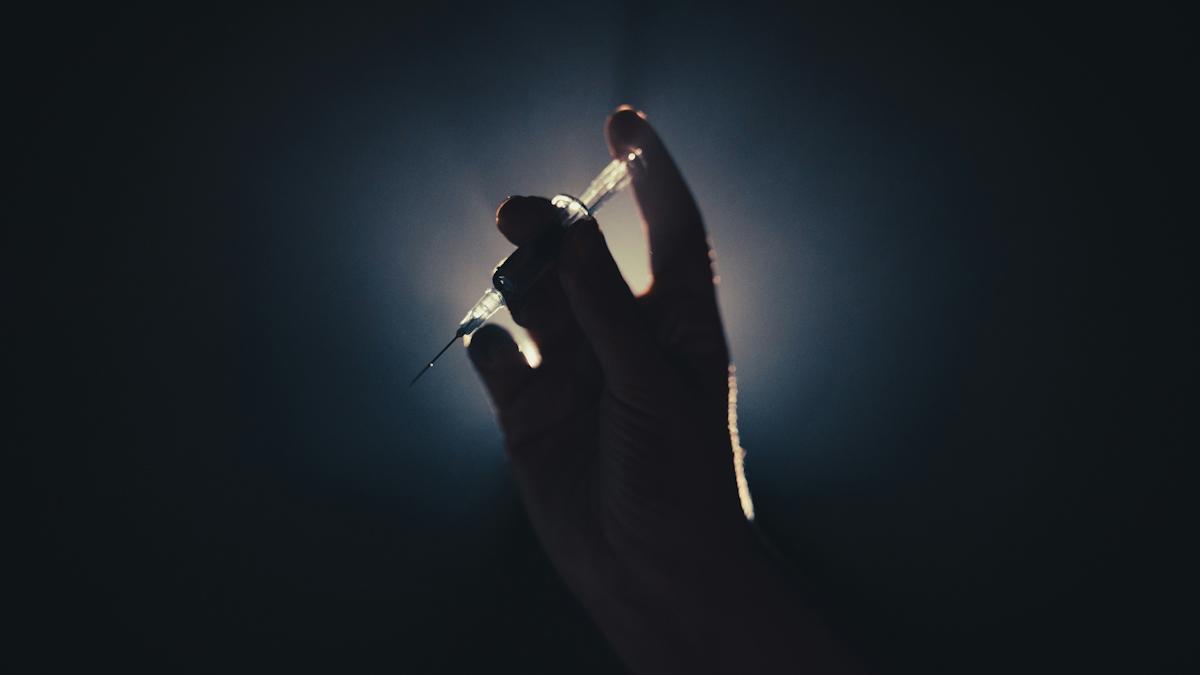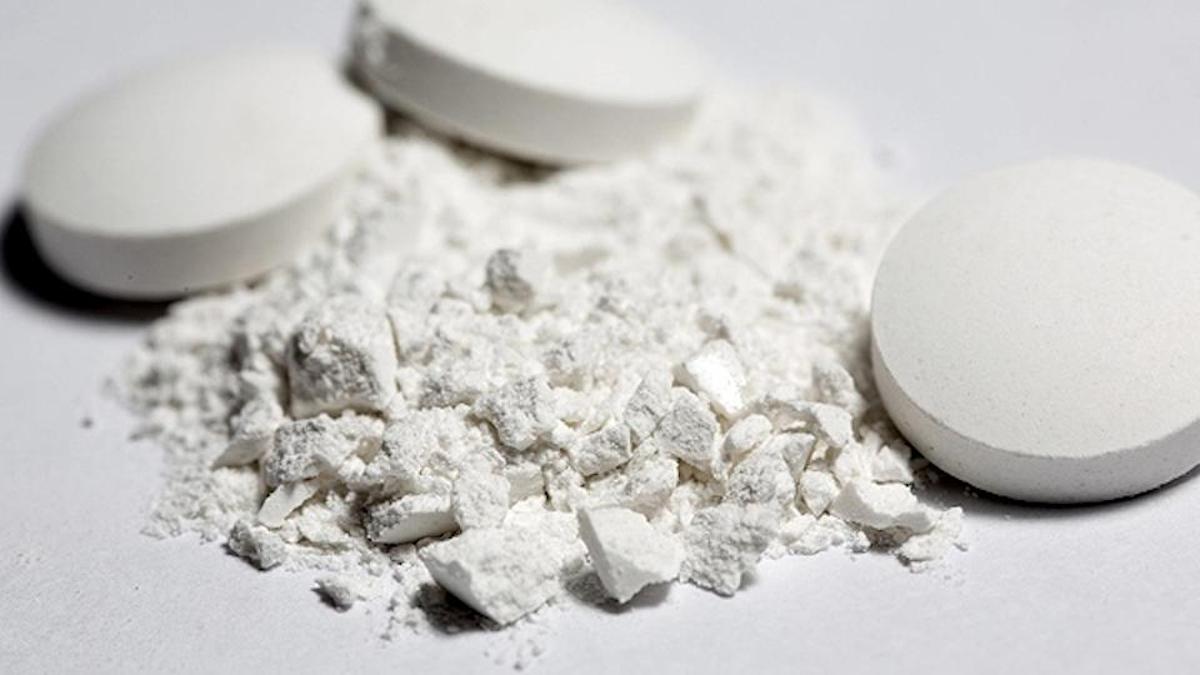Daiichi Sankyo partners Alteogen on subcutaneous Enhertu

Daiichi Sankyo has signed a deal worth up to $300 million with South Korean biotech Alteogen to develop a subcutaneous version of its AstraZeneca-partnered cancer drug Enhertu.
Alteogen will receive an upfront payment of $20 million, with another $280 million on offer from Daiichi Sankyo if the new formulation of Enhertu (trastuzumab deruxtecan) makes it to market and meets sales targets.
If that does happen, HER2 inhibitor Enhertu could become the first drug in the antibody-drug conjugate (ADC) class to be delivered subcutaneously – which is a tall order for such a large molecule – rather than by intravenous infusion.
That could make it possible for patients to receive the drug outside of clinic settings, and potentially even at home using a self-injector.
Alteogen will use its Hybrozyme platform, including recombinant human hyaluronidase enzyme ALT-B4, to develop the new version of Enhertu. The enzyme temporarily hydrolyses hyaluronan in the extracellular matrix of the subcutaneous layer of skin, making it possible to deliver larger volumes of drug material and improve dispersion and absorption.
It is a well-established approach, pioneered by Halozyme with its Enhanze technology, which is already used in several marketed products, including Roche's rival HER2-targeting drugs Herceptin Hylecta (trastuzumab/hyaluronidase) and Phesgo (pertuzumab/trastuzumab/hyaluronidase).
Last year, Alteogen also signed an agreement with Sandoz to develop Hybrozyme-based versions of an undisclosed biosimilar drug, with an option on two additional programmes, and it also has an alliance with MSD for the development of a subcutaneous version of its blockbuster cancer immunotherapy Keytruda (pembrolizumab).
Financial terms of the Sandoz agreement were not disclosed, but MSD (known as Merck & Co in the US and Canada) paid $20 million upfront to Alteogen, with up to $432 million in back-end milestones.
Enhertu is fast becoming a major growth product for Daiichi Sankyo and AZ, with sales across the two companies reaching $1.77 billion in the first six months of the year, up from $1.16 billion in the same period of 2023.
Its fast growth comes on the back of a lengthening list of indications across breast, gastric, and non-small cell lung cancer (NSCLC), as well as tissue-agnostic use across HER2-positive solid tumours.
Competitors are in the offing, however, including experimental HER2-directed therapies like Boehringer Ingelheim's zongertinib and Bayer's BAY 2927088 that could be delivered orally. Delivering Enhertu subcutaneously could be one way to fend off rivals, including biosimilar versions of IV Enhertu, which could start to emerge within a decade.
Photo by Rapha Wilde on Unsplash












